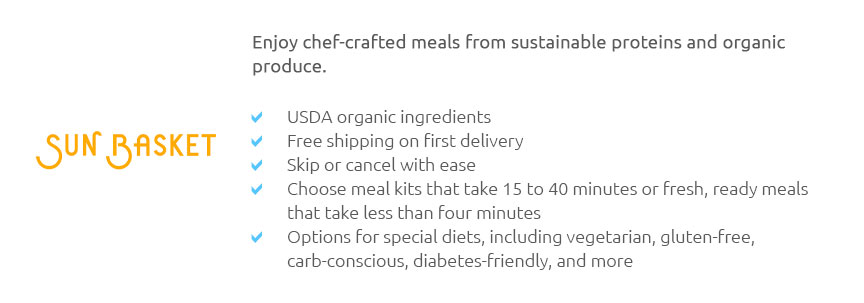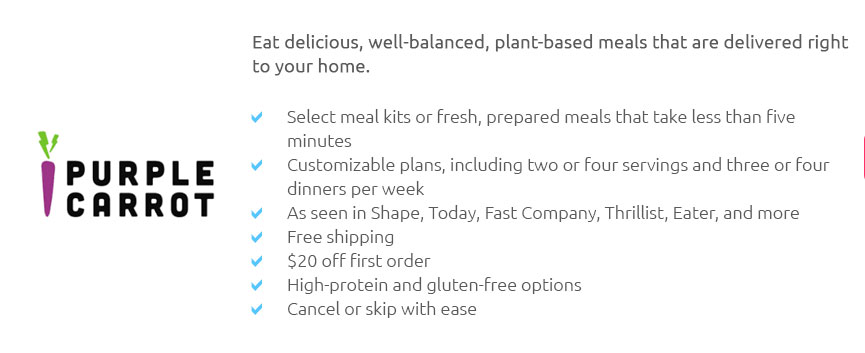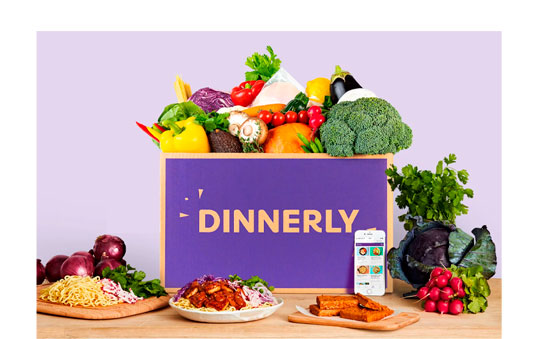 |
 |
 |
|---|
 |
|---|
 |
||||||
|---|---|---|---|---|---|---|
|
||||||
 |
 |
|||||
 |
 |
|||||
 |
 |
|||||
 |
 |
|||||
 |
 |
|||||
 |
 |
|||||
 |
 |
|||||
 |
 |
|---|
The Rise of Meal Kit Services: A Culinary RevolutionIn recent years, the culinary landscape has undergone a significant transformation, with meal kit services emerging as a popular trend that has captured the interest of many. These services, which deliver pre-portioned ingredients along with recipe instructions directly to consumers' doors, offer a novel solution to the age-old question: 'What's for dinner?' The appeal of meal kits lies not just in their convenience, but also in their ability to introduce variety and excitement into everyday meals. At their core, meal kits are about simplicity and accessibility. In our fast-paced world, where time is often the most precious commodity, these kits save consumers the hassle of meal planning and grocery shopping. Each box arrives with everything needed to prepare a delicious meal, often in under an hour, making it an ideal choice for those who crave home-cooked meals without the fuss. One of the most compelling aspects of meal kit services is their commitment to quality. Many providers prioritize fresh, locally sourced ingredients, which not only supports local farmers but also ensures that consumers are receiving the best produce available. This emphasis on quality extends to the diversity of recipes offered. From exotic international cuisines to comforting classics, there's something to satisfy every palate. Furthermore, these services cater to various dietary preferences, offering vegan, vegetarian, gluten-free, and other specialized options, which reflects a growing awareness and inclusivity in the food industry. Despite their many advantages, meal kits are not without their challenges. Environmental concerns have been raised regarding the packaging waste generated by these services. While many companies are making strides in sustainability by using recyclable or biodegradable materials, the issue remains a significant consideration for eco-conscious consumers. Additionally, the cost can be prohibitive for some, as the convenience factor often comes at a premium compared to traditional grocery shopping. Nevertheless, the popularity of meal kits shows no signs of waning. In fact, they have become a staple for many families, singles, and culinary adventurers alike. The pandemic further accelerated their adoption, as people sought safe and convenient ways to enjoy diverse meals at home. This shift has sparked innovation within the industry, leading to new product offerings and enhanced flexibility in subscription models.
In conclusion, meal kit services have undoubtedly carved a niche in the modern culinary world. While they may not replace traditional cooking for everyone, they offer a compelling alternative for those seeking convenience without sacrificing quality or variety. As the industry continues to evolve, it will be fascinating to see how these services adapt to changing consumer demands and environmental considerations. For now, they remain a testament to the innovative spirit of the food industry and a reflection of our ever-evolving relationship with food. https://www.homechef.com/?srsltid=AfmBOoqhIoaogrzEikPMUMDV9bgJop-nWHC9dDTKufoGknhvDYnWYGUZ
Home Chef brings pre-portioned ingredients to your door in an insulated box so everything stays fresh and delicious. https://www.blueapron.com/?srsltid=AfmBOopOqw2kxx6fv_UMCUe7HRJNDQZGPZwjiC7C212XiVsJZWMC0rpH
Discover affordable culinary delights with Blue Apron's meal kits and prepared & ready meals now featuring the same fresh ingredients you love. https://www.bonappetit.com/story/best-meal-delivery-services?srsltid=AfmBOoojU9dzFU-2zHXLIHzIgU0Ix6k5KuhBwJVmdqJoJNpJLRV249c4
Purple Carrot is one of the most user-friendly meal kits I've tried. The process is incredibly simple: Just pick how many meals you want per ...
|
|---|


